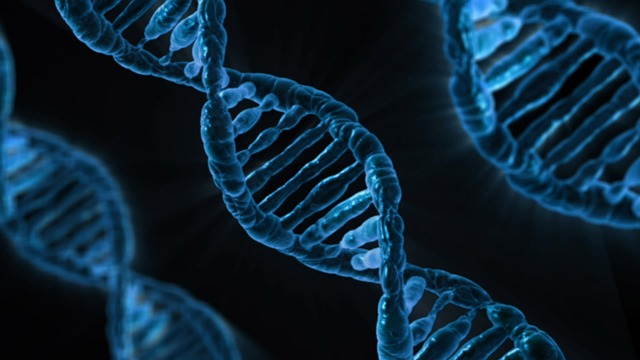Scientific research at the ULB Center for Diabetes Research and the Erasmus Hospital of the ULB has led to the identification of a new type of diabetes.
This new type of diabetes is caused by a mutation in the gene RFX6 and can be passed on to children.
The results of this discovery are published in the scientific journal Nature Communications.
Scientists from the ULB Center for Diabetes Research and the Erasmus Hospital of the ULB, together with colleagues at the University of Exeter (UK), University of Helsinki (Finland) and Kyoto University (Japan), have identified a new type of diabetes caused by a mutation in the gene RFX6.
Individuals carrying the RFX6 mutation have a high probability of developing diabetes.
It can start early, before the age of 20 years, and by the age of 50 years 80% has developed the disease.
Continue Reading Below ↓↓↓
It is transmitted from parents to children and may affect many generations in the same family.
RFX6 diabetes often requires insulin treatment because patients have reduced insulin secretion by the pancreas.
Dr Miriam Cnop, Professor at the ULB Center for Diabetes Research and the Erasmus Hospital, identified in these patients a reduced production of the hormone GIP that stimulates insulin secretion. The hormone GIP is produced by the intestine after eating and is an important regulator of insulin secretion.
RFX6 diabetes is the first type of diabetes discovered to be related to low GIP production.
The identification of this novel disease mechanism suggests that GIP analogs (i.e. drugs with a structure similar to GIP) may provide a novel treatment option for patients with RFX6 diabetes.
These new observations emphasize the need to identify specific forms of diabetes in order to provide personalized therapy to patients.
The results are published in the scientific journal Nature Communications.
Related Journal Article: Heterozygous RFX6 protein truncating variants are associated with MODY with reduced penetrance
Source: Université libre de Bruxelles
Journal: Nature Communications










